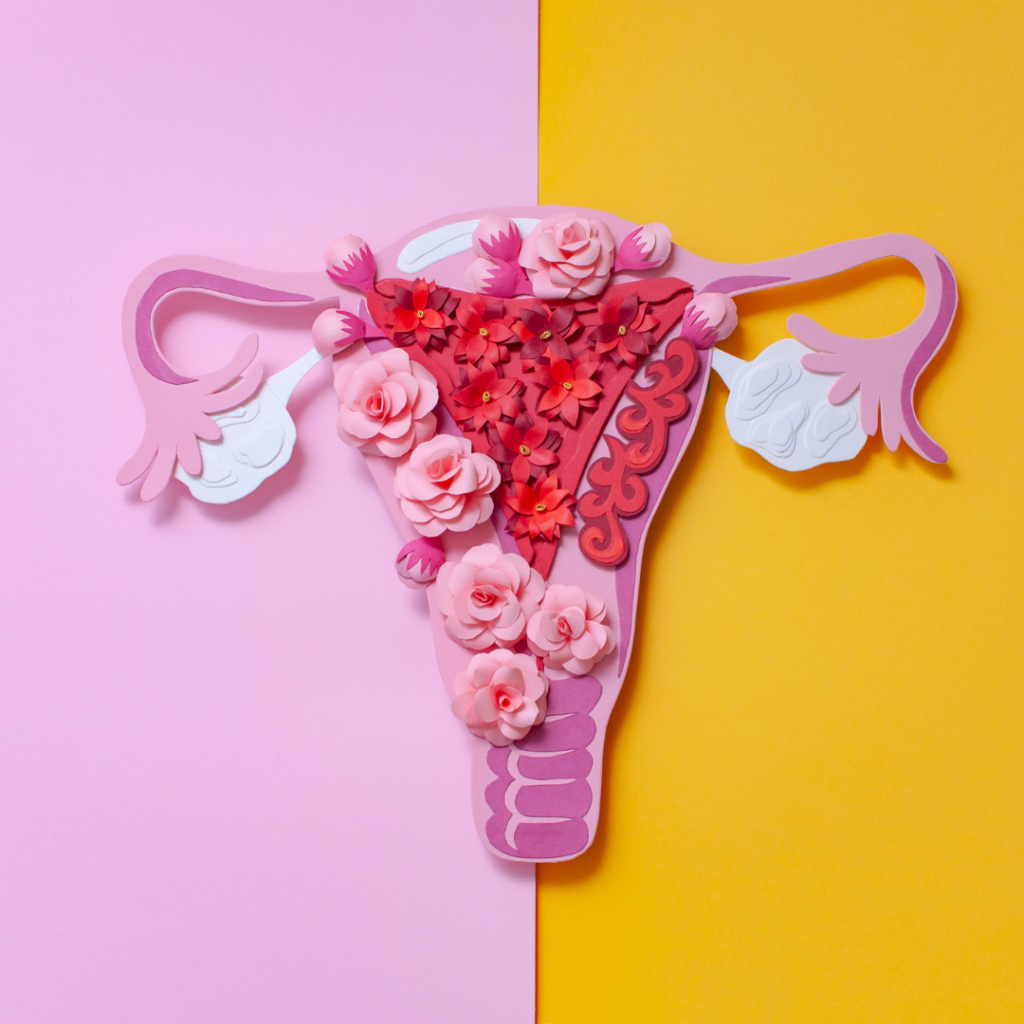Endometriosis Management

What is Endometriosis?
Endometriosis occurs when tissue similar to the lining of the uterus grows outside the uterus, often affecting the ovaries, fallopian tubes, and pelvic lining. This tissue behaves like uterine tissue, thickening and shedding with each menstrual cycle, but it has no way to exit the body, causing inflammation, pain, and scar tissue.
Common symptoms of endometriosis include:
- Pelvic pain (often severe during menstruation)
- Pain during intercourse
- Pain with bowel movements or urination (especially during periods)
- Heavy menstrual bleeding
- Infertility
- Fatigue, diarrhea, constipation, and bloating
Endometriosis Management Options
At My Lady Doc, we know every woman’s experience with endometriosis is unique. That’s why we take a personalized approach to managing the condition. Our goal is to relieve your symptoms, preserve fertility (if desired), and improve your quality of life. Here’s how we do it:
1. Lifestyle Modifications
For many women, managing endometriosis begins with simple lifestyle changes. Some effective strategies include:
- Dietary Adjustments: Anti-inflammatory diets rich in fruits, vegetables, and omega-3 fatty acids can help manage inflammation and pain. Reducing caffeine and processed foods may also provide relief.
- Exercise: Regular physical activity promotes the release of endorphins, which are natural pain relievers. It also helps reduce estrogen levels that can exacerbate symptoms.
- Stress Management: Techniques such as yoga, meditation, and mindfulness can help you manage stress and improve your overall well-being, which may reduce pain.
2. Medications
Medications are often the first line of treatment for managing symptoms. Depending on your situation, we may recommend:
- Pain Relief Medications: Nonsteroidal anti-inflammatory drugs (NSAIDs), such as ibuprofen or naproxen, can reduce inflammation and pain during your period.
- Hormonal Therapy: Hormonal treatments can help regulate or reduce the hormonal fluctuations that cause endometriosis tissue to grow. Options include birth control pills, hormonal IUDs, GnRH agonists, and progestin therapies.
3. Minimally Invasive Surgery
For women with more severe symptoms or those seeking fertility, surgery may be necessary. Our experienced surgeons at My Lady Doc specialize in laparoscopic surgery, a minimally invasive procedure that allows us to remove endometrial tissue with minimal scarring and downtime.
- Laparoscopy: This procedure not only helps diagnose endometriosis but also allows us to remove or burn away endometrial tissue, relieving pain and improving fertility chances.
- Hysterectomy: In some cases, if other treatments have failed and the woman no longer wishes to have children, removing the uterus may be considered.
4. Fertility Support
If you’re struggling with infertility due to endometriosis, our fertility specialists are here to help. Endometriosis can affect fertility, but with proper treatment and support, many women can still conceive. We’ll work closely with you to explore fertility treatments like in vitro fertilization (IVF) and other reproductive technologies.
5. Chronic Pain Management
For women who suffer from chronic pain despite other treatments, we may recommend additional pain management strategies. This can include:
- Nerve blocks
- Pelvic floor therapy
- Acupuncture and other complementary therapies
Why Choose My Lady Doc for Endometriosis Care?
At My Lady Doc, we’re dedicated to offering holistic, patient-centered care. Our team of specialists will take the time to understand your symptoms, your goals, and your lifestyle. Here’s what you can expect when working with us:
- Personalized Treatment Plans: We believe there is no one-size-fits-all approach to endometriosis. You’ll receive a tailored care plan based on your individual needs.
- Collaborative Care: We work closely with you, and, if needed, specialists in fertility, pain management, or surgery to ensure you receive comprehensive care.
- Advanced, Minimally Invasive Procedures: Our focus on minimally invasive techniques, like laparoscopy, means you’ll experience less pain and shorter recovery times.
- Compassionate Support: Endometriosis can be physically and emotionally challenging. We’re here to support you every step of the way with empathy and understanding.
